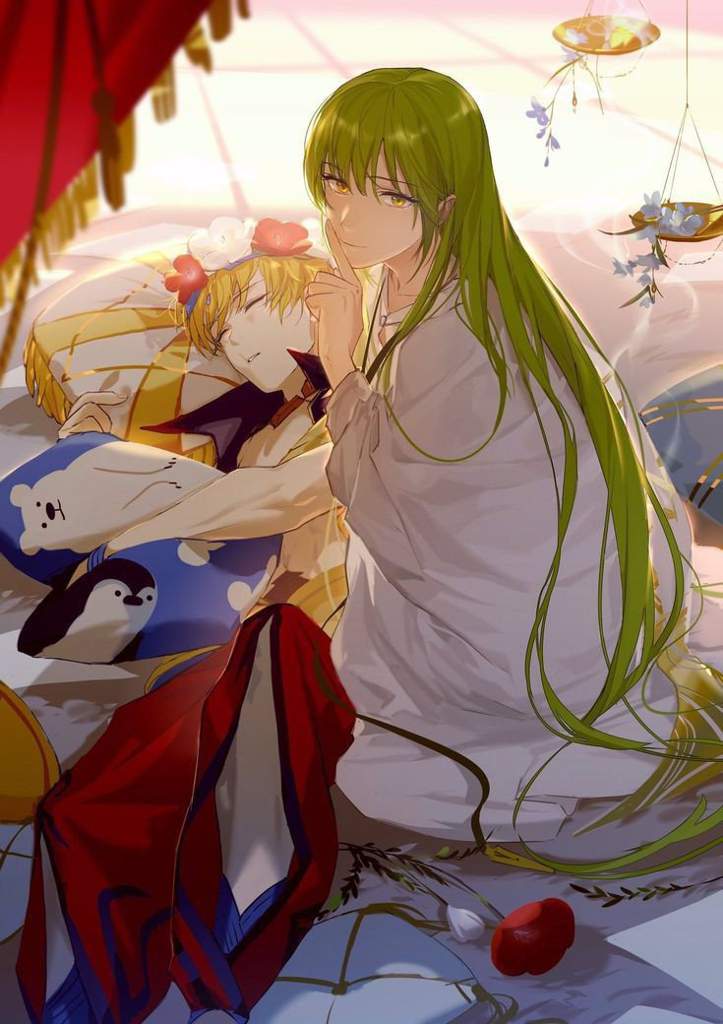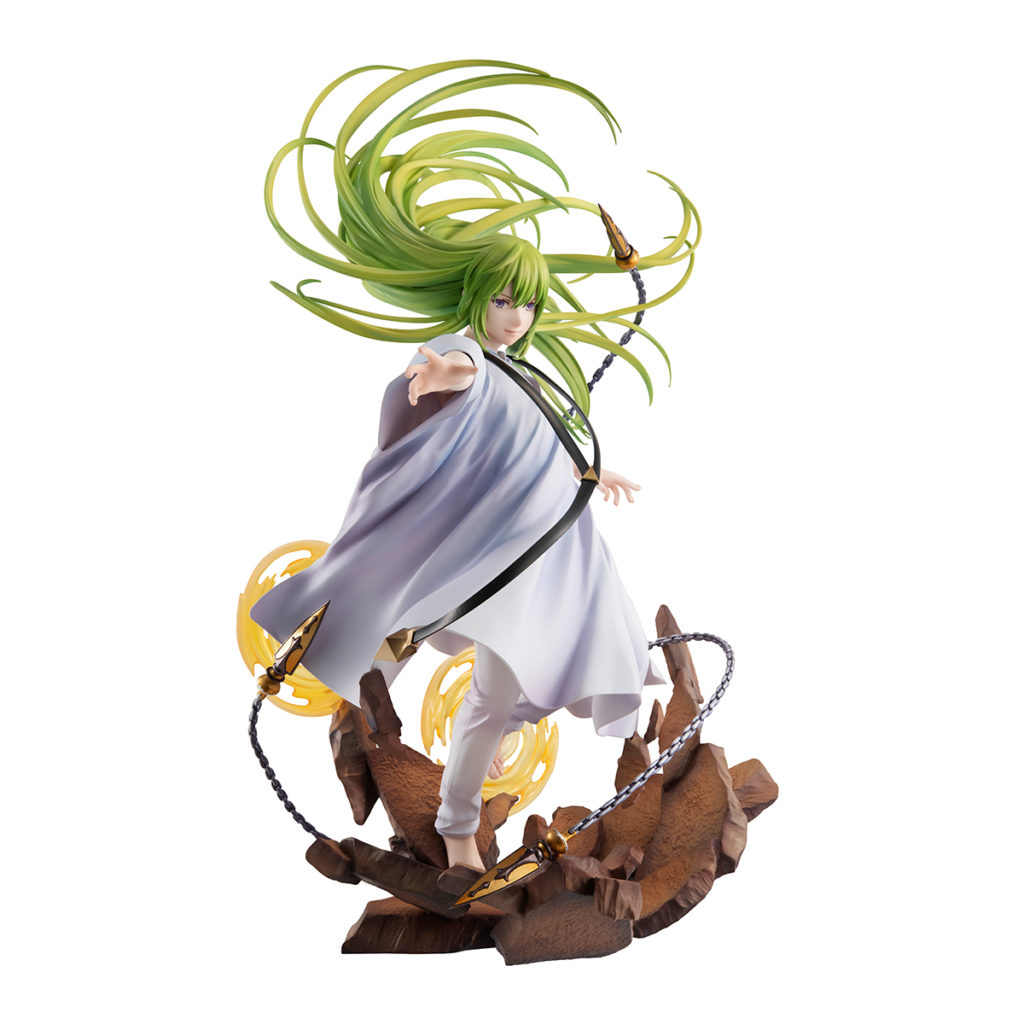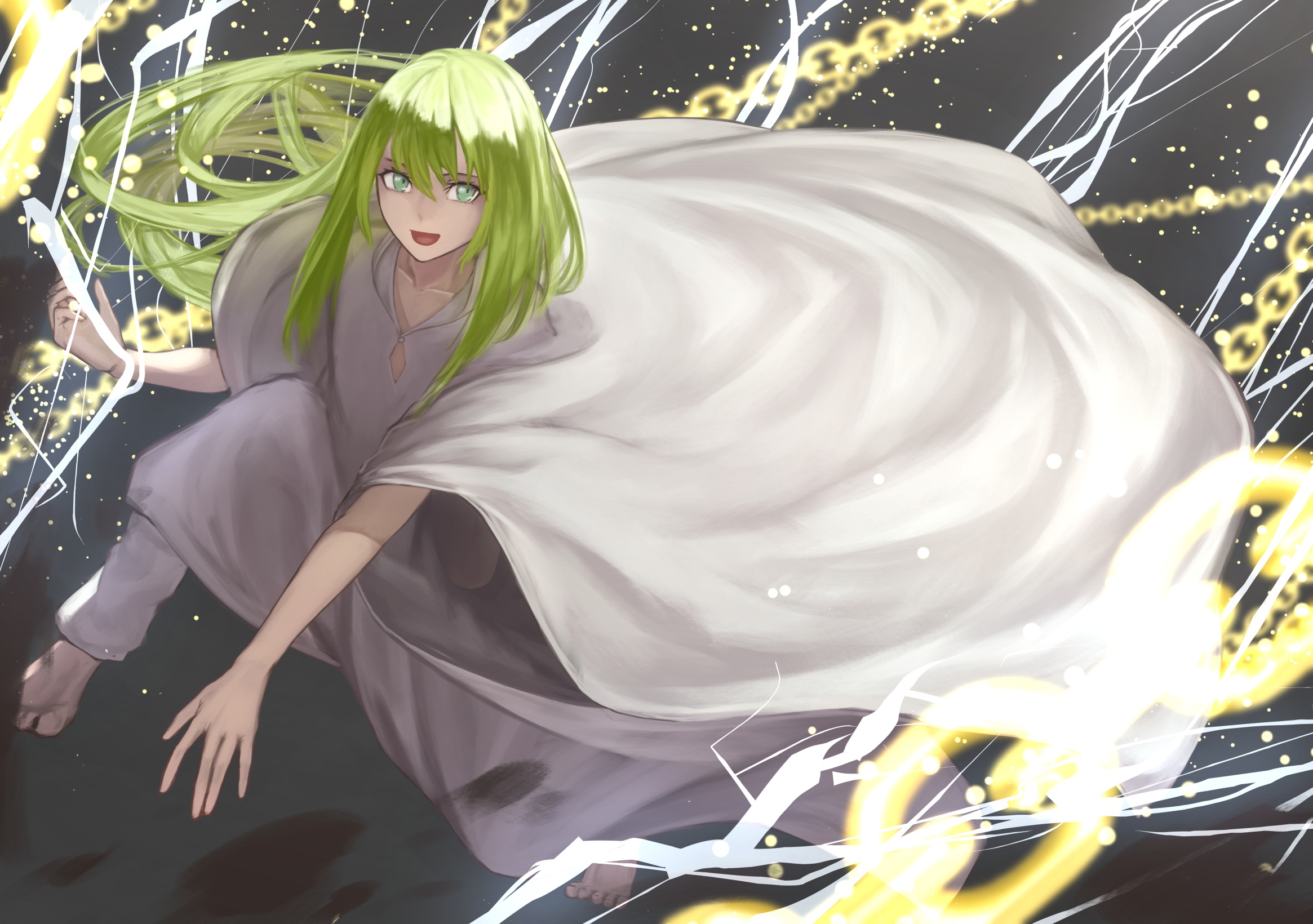


However, 300 souls of Uruk died because of Ishtar’s rampage and immature fury. Immediately, she unleashed the Bull of heaven upon Gilgamesh and Enkidu, but the bull was no match for the fighting duo and was defeated. This event is symbolic of the fact that women have, and still do, play a very important role in determining both the fate of men and humankind, itself.Īnd since this particular goddess did not get her way, she completely lashed out among Gilgamesh, Enkidu and the people of Uruk.

This brings Anu to a bit of rage as well, giving a counter-threat in which there will be 7 years of fruitless crops among the lands if Ishtar unleashes the gates of hell. Still as enraged as ever, Ishtar begins to take matters into her own hands, threatening to unleash the gates of Hell and bring confusion and death among the living people of the land if Anu does not give her the Bull of Heaven to kill Gilgamesh. But then, her father quickly turns against her saying, “Did not you quarrel with Gilgamesh the king, so now he has related your abominable behavior, your foul and hideous acts” (50). She goes to her father, Anu, to act as a “tattle-tale” and throw tears in such a way as to get him on her side instead of Gilgamesh’s. If she would say the same thing to them, yet turn them all into a “wolf” or a “blind mole,” why would Gilgamesh ever want to enter into similar relations with the same woman? Because of this, Ishtar becomes enraged like a little girl who is constantly spoiled by her parents. It is only his wisdom and knowledge of Ishtar’s past that he quickly starts to point out what happened to all the other men who she had loved and betrayed in the past. It is Gilgamesh’s approach to this request that essentially affected the entire fate of his companion and loyal brother, Enkidu. He has wisdom and foresight, and when he hears Ishtar’s proposal, he quickly proceeds to reverse her offer and directions attention unto her. However, Gilgamesh is after all two thirds part of the gods and one third man. She offers him wealth, power, glory, and fame beyond anything he can imagine something any man would have trouble turning down. But Ishtar, the queen of love, comes to him as a woman comes filled with lust comes to a man on the street as a prostitute. Once safely back into the city of Uruk, Gilgamesh is filled with relaxation and accomplishment, for he had made a name for himself in the mountains for long after he is no longer on the earth.

However, there is another event in which causes great grief in the heavens, once more. It is quite possible that because of this event, the future death of Enkidu could not be avoided. This was done when Gilgamesh laid the head of Humbaba before Enlil, the God of the mountains, and caused him to be enraged, setting chaos into all the land, from among the gods all the way into hell. Not only did they conquer their goal and purpose for setting out on their massive journey to the mountains, but in the process they managed to disrupt a very intricate part of nature. The divine fate begins as Gilgamesh and Enkidu return to their home, the great city of Uruk, when the realization that they have both killed and defeated the great “guardian of the mountains,” Humbaba, quickly sets in. The Death of Enkidu reveals fault in Gilgamesh because of actions that couldn’t be avoided, but it also reveals consequential actions that were intentional. One such event in the Epic of Gilgamesh, the Death of Enkidu, encompasses human tragedy and the human involvement such as love, resentment, hope, confusion, and forgiveness. The experiences which take place in this literary work of art are still repeated in some form or fashion in today’s literature. The title, which includes the author of the work, also reveals an extremely large variety human emotions and interactions. The Epic of Gilgamesh retains the world’s first accounts of what life was like when the great King Gilgamesh was upon the earth. As the world continues to evolve and advance in knowledge and time, one thing remains the same: the world’s first literary work is still as impressive and entertaining as any modern work today.


 0 kommentar(er)
0 kommentar(er)
